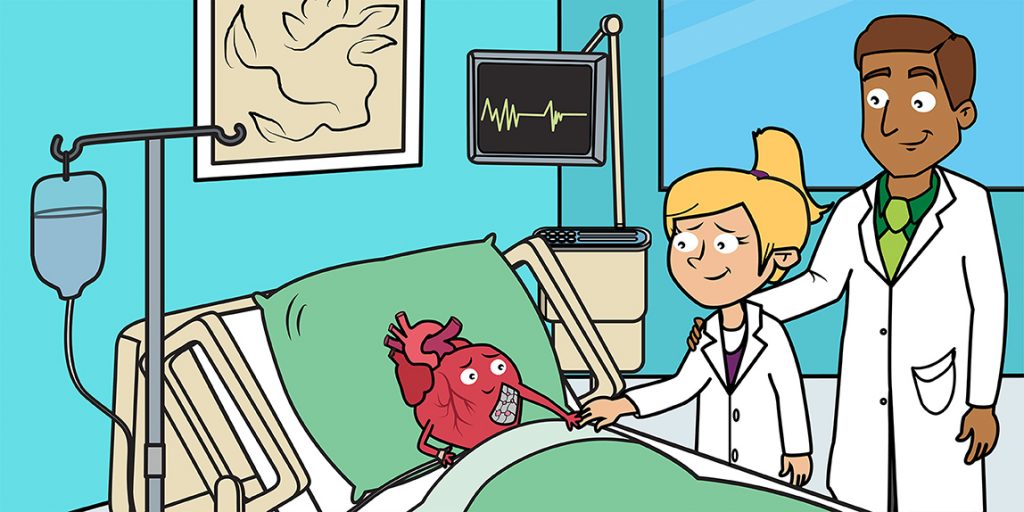The secret power of smiling is that it has a variety of powerful benefits that most people never think about. One of the most contagious and alluring facial expressions a human can produce is a smile, which has many positive effects on both the person smiling and everyone around them. In addition to releasing endorphins and activating receptors in the brain that detect pleasure or ecstasy, smiling is a friendly, alluring, and appealing facial expression.
“It takes 37 muscles to frown, but only 22 to smile”, goes one of the corniest proverbs we hear in popular culture. You Should Smile More! is typically offered to someone who is feeling down. While the research supporting this statement is somewhat dubious, the attitude is unmistakable. Why though?
Someone who is smiling at you from across the room may be a new buddy for you, but there are also some advantages for them when you do so. One of the most contagious and alluring facial expressions that individuals may use is a smile. In addition, smiling offers numerous powerful benefits that most people never think about.

But why do humans have this peculiar method of expressing joy, pleasure, or happiness? Does this only apply to people?
In reality, we don’t choose to smile (unless we’re faking it, of course). Actually, smiling is a reflex that has been ingrained in us through thousands of generations. Because human emotions are so complex and natural responses or expressions have evolved over time, we witness certain responses everywhere in the globe, independent of culture.

We laugh at a variety of things, including witty jokes, cute videos of pandas sneezing, and heartwarming scenes of fathers and sons playing in parks. There are countless reasons to smile, and as one goes through life, they will all find various things to be “funny.”
We are believed to smile more than 300 times each day as youngsters, but by the time we are adults, this number falls to less than 20. Many may argue that this is merely a side effect of “growing up,” but you might be shocked to learn that lowering your smiling requirement can really be a negative decision.
The Smile Rush

We have very little control over when we smile, and we have no control over what happens to our bodies when we laugh. The act of smiling can activate receptors in our brains that let them know we are happy or enjoying ourselves, which releases endorphins. So, smiling at something that makes you laugh will really make you happier!
The Social Side of Smiling

More than just a sign of joy, a smile makes one appear hospitable, approachable, and attractive to others. At a morning meeting, if you notice someone frowning across the table, you’re considerably less likely to approach them later to discuss notes.
So many various aspects of your social presence may be developed by smiling widely. Who knows what may happen if you attempt grinning at prospective clients, coworkers, professors, coaches, and personal heroes?
Additionally, there are several variations of smiling that broaden our spectrum of communication. A tight-lipped smile without any teeth may signify something wholly different from a big toothy grin, which signifies something very different from a sneer. We may communicate a wide variety of social feelings to others just by grinning!
Studies have also demonstrated that smiling increases someone’s recall value. So if you put your best grin forward, not only will those folks you just met at the party think you’re a kind, likeable person, but it will also make it simpler for them to remember you in the future!
Smiling and Human Health

Although it may be difficult to imagine, our techniques of processing pleasure are highly complicated and have a lot of physiological repercussions. For example, smiling has been shown to positively improve our health and wellbeing.
Would you believe me, for instance, if I told you that smiling has an immediate effect on your immune system, stress levels, and even life expectancy? Although some of the research on the benefits of smiling for our health is debatable, it has been demonstrated that those who smile more tend to live 5-7 years longer, have higher levels of HGH (which supports a strong immune system), and experience less stress and anxiety (due to endorphin and neuropeptide release that smiling and pleasure stimulate).
As you can see, increasing your smile will likely have a positive social and physical impact on your life.
Do you want to live longer, look more attractive and trustworthy to others, be more pleasant, make friends more easily, feel less stressed, and enjoy hundreds of other wonderful benefits?
You do, of course! Who would not? Just smile whenever you can and engage those 22 muscles (or whatever number it is).
Visit our Blog Section for more exciting articles & Information.




